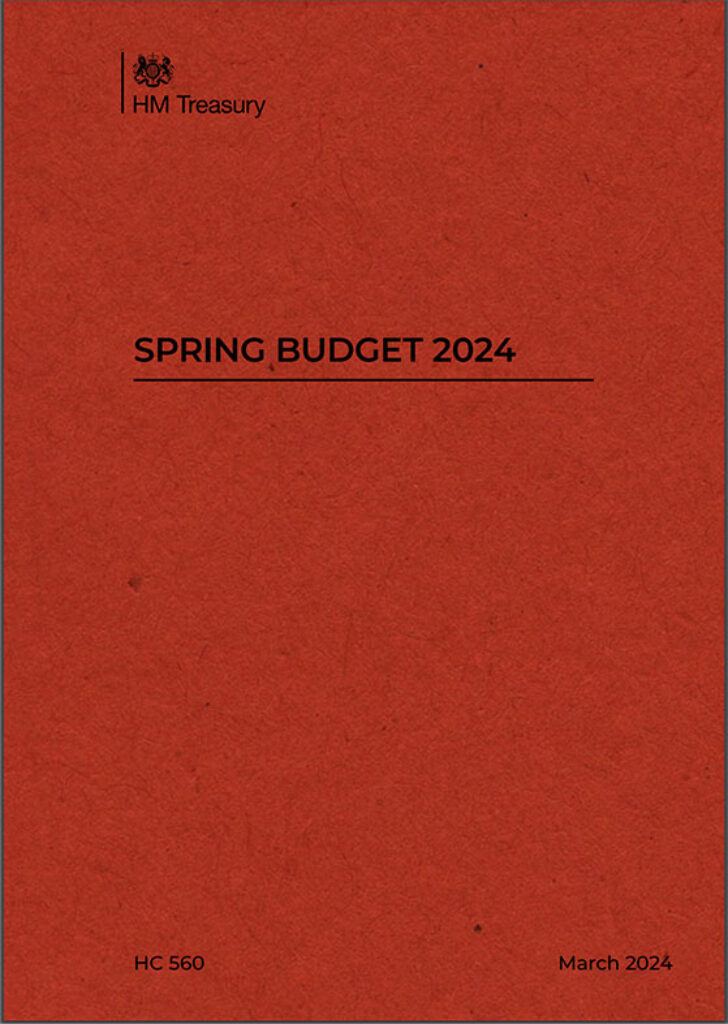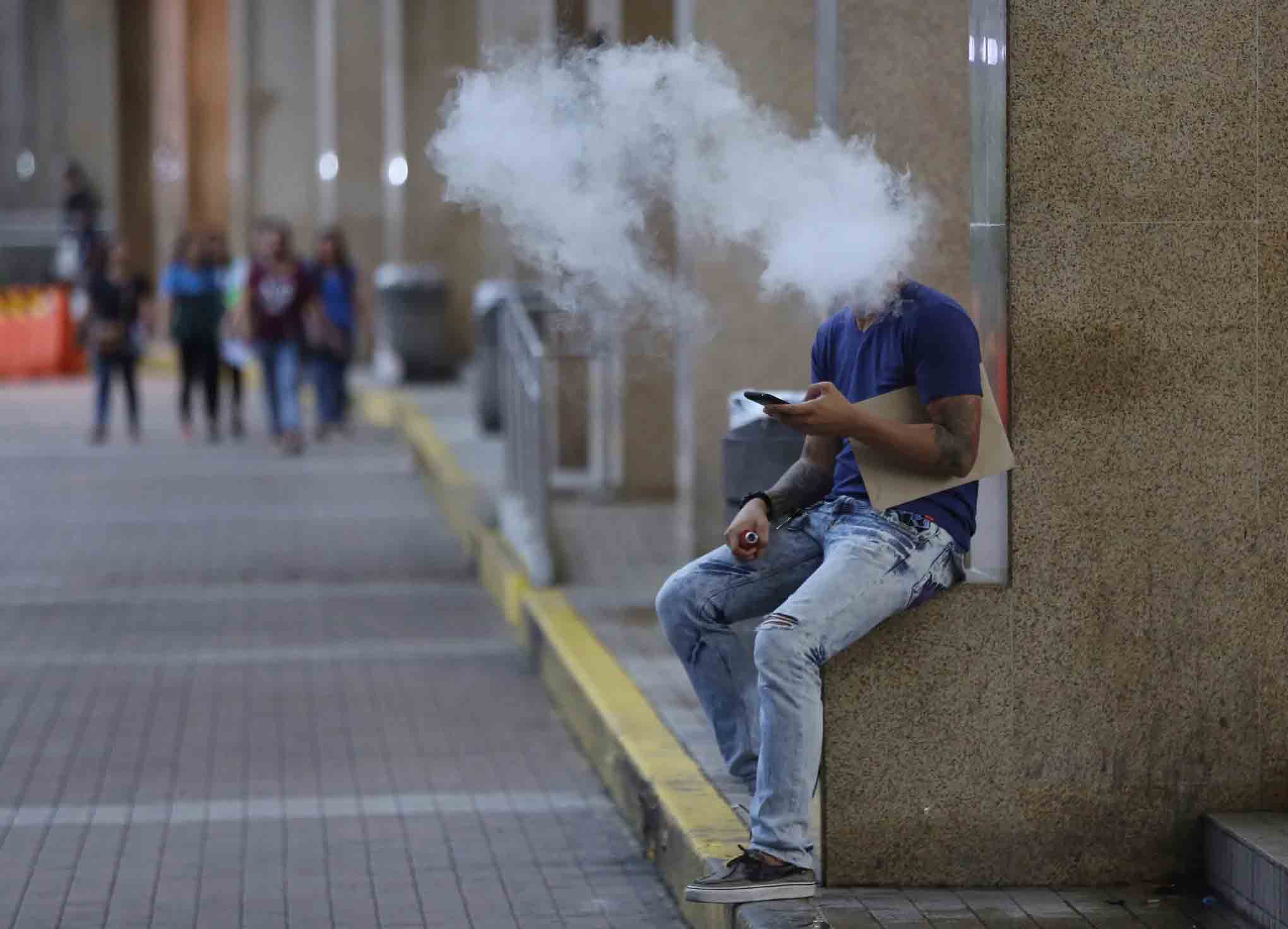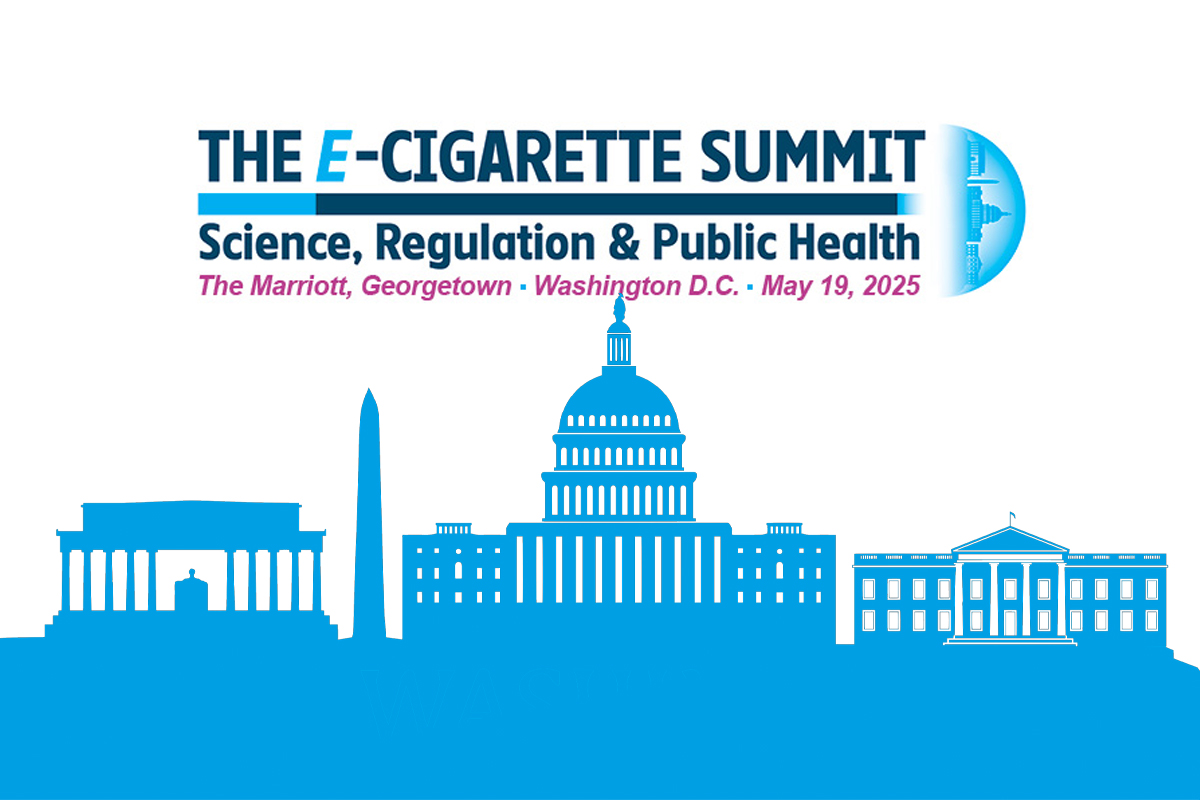Following the latest Spring Budget announcement on Wednesday, March 6, 2024, the UK government declared its intention to levy taxes on vape products.
The complete statement can be viewed here.

Regulations related to vapes are mainly concentrated in clauses 2.43 and 2.44 on page 43.
Here is the original text:
SPRING BUDGET 2024
2.43 Health advice is clear that vaping is not risk free and those who do not
smoke should not vape. A new duty on vaping, introduced from October 2026, will
discourage non-smokers from taking up vaping and raise revenue to help fund
public services like the NHS. This new duty will raise £445 million in 2028-29.
2.44 Last year, the government announced ambitious plans to protect future
generations from the harms of smoking and create the first smokefree generation.
To ensure vapes continue to play a role in helping smokers give up cigarettes,
tobacco duty will also be increased from October 2026 to maintain the current
financial incentive to choose vaping over smoking. This will raise a further
£170 million in 2028-29.
Vape Product Tariffs
The government will impose new taxes on vape products starting from October 1, 2026, and registration will commence from April 1, 2026.
- For liquids without nicotine, a charge of £1.00 per 10 milliliters will be applied.
- For liquids containing 0.1-10.9 milligrams of nicotine per milliliter, a charge of £2.00 per 10 milliliters will be applied.
- For liquids containing 11 milligrams or more of nicotine per milliliter, a charge of £3.00 per 10 milliliters will be applied.
Additionally, starting from October 1, 2026, the disposable tobacco tax will be increased by £2.00 for every 100 cigarettes or 50 grams of tobacco.
Mixed Reactions to New Taxes on vape Products
Professor Maggie Rae, Chair of the Epidemiology and Public Health Division of the Royal Society of Medicine, and Dr. Nicola Stingelin-Giles, member of the council, stated:
“In the UK, smoking is the leading cause of preventable disease and death. Helping people quit smoking is one of the best things we can do for their health and is therefore a top priority in public health. The new taxes on vape products will increase the cost of vaping for users.
“Vapes containing nicotine can be an effective tool in achieving this goal. Although vapes are not without risk and more research is needed to fully understand their impact on health, it is well known that their harm is much lower than smoking.
“The rising prevalence of vape use among non-smokers, especially children and young people, is an area of great concern, and we welcome efforts to address this issue. These efforts include proposed bans on disposable vapes and restrictions on flavors and packaging, with the direct aim of reducing the appeal of vapes to young people.
“However, we must ensure that we continue to encourage the use of vapes to help people quit smoking, as quitting smoking remains the most important issue.
“Taxation that makes vapes more expensive must be carefully considered to ensure that its positive effects are not offset by the harmful effects on health that may result, especially in the face of widening risks of social inequality in our society. It is important that we focus our efforts on helping those at the highest risk who may suffer the most.
“This is a complex area, and decisions are not easy to make, but the primary goal must be to provide the greatest health benefits to the public. We welcome debate on the best ways to achieve this goal.”









I am really impressed with your writing skills and also with the layout on your weblog. Is this a paid theme or did you modify it yourself? Either way keep up the nice quality writing, it’s rare to see a great blog like this one today..
An interesting discussion is worth comment. I believe that you must write extra on this subject, it won’t be a taboo subject however generally persons are not sufficient to speak on such topics. To the next. Cheers
I really like reading through and I conceive this website got some truly utilitarian stuff on it! .